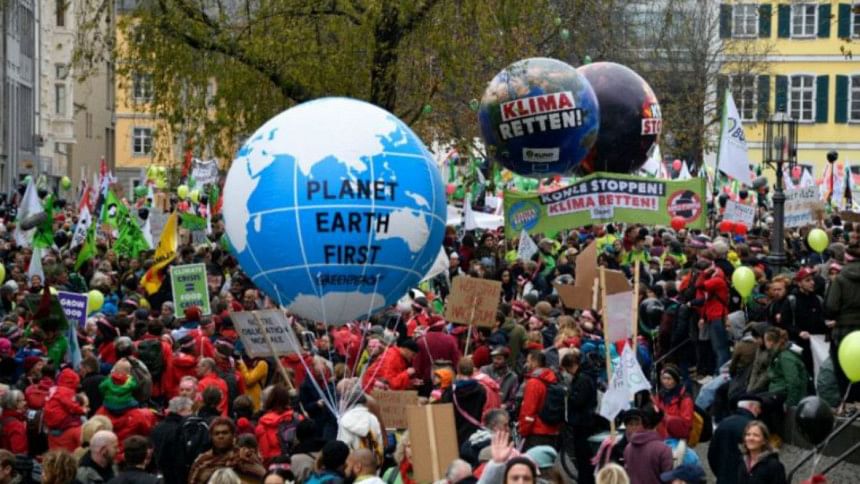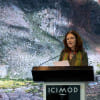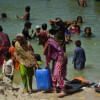Making the Rule Book for implementing the Paris Agreement

In December 2015 in Paris, at the 21st annual Conference of Parties (COP21) of the United Nations Framework Convention on Climate Change (UNFCCC), 174 countries, including the United States of America under then President Obama, agreed to the Paris Agreement on Climate Change. This historic agreement is now the universally agreed roadmap to tackle climate change going forward. Even though President Trump has officially notified the UNFCCC that his country intends to withdraw from the Paris Agreement, (but not from the UNFCCC itself), the US will remain in it for two years after giving its notice of withdrawal.
Hence at the upcoming 24th Conference of Parties (COP24) in Katowice, Poland in the first two weeks of December this year, the US will still have their delegation present. COP24 is particularly important as we are expecting to finalise the Rule Book for implementing the different articles of the Paris Agreement.
The reason we need to agree to a Rule Book is in order to measure, report and verify (MRV) each of the articles of the Agreement. As this is quite complicated to do in some cases, countries agreed in Paris to give themselves three years to complete the Rule Book at the COP24.
I will explain below the main articles for Bangladesh and our fellow vulnerable developing countries, and what we will be pushing for at the conference.
The most important article in the Paris Agreement is about the long-term target of limiting global temperature rise to well below two degrees centigrade and if possible below 1.5 degrees. This was a very hard fought article for the vulnerable developing countries as initially none of the developed countries were on board, and even large developing countries such as China and India didn't agree, as they felt it would be too difficult to achieve. However by the end of COP21 we managed to get all countries to agree with us as it was the right thing to do, even if it was going to be difficult.
In recent weeks an important new special report on 1.5 degrees from the Intergovernmental Panel on Climate Change (IPCC) has enhanced the importance of keeping the temperature target below 1.5 Degrees, which will require every country to aim for much more ambitious targets to replace fossil fuels with renewable energy by 2050 at the latest. This will be the biggest issue at COP24, namely raising the level of ambition in each country's Nationally Determined Contribution (NDC) for mitigation.
There will also be an important discussion on the Global Goal on Adaptation which was agreed in Paris but is more difficult to have an agreed global goal on since adaptation is so location specific. Hence at COP24, countries will need to agree on a proxy adaptation goal and ways to measure progress towards it over time. Among the contentious views is a mix of top-down data based indicators of vulnerability reduction versus more bottom-up adaptive capacity focused indicators.
Bangladesh and other vulnerable countries are in favour of the bottom-up approach while many develpped countries prefer the top down approach. This is another issue to keep an eye on at COP24.
The final issue I will highlight is Climate Finance which is always a delicate topic, especially the issue of finance for adaptation in the poorer and more vulnerable developing countries. Developed countries had promised to provide 100 billion US Dollars a year from 2020 onwards, much of it to be channelled through the Green Climate Fund (GCF).
Even though President Trump has said that the US would renege on the pledge made by President Obama, other developed countries have promised to make up the US contribution towards the 100 billion a year. We are expecting developed countries to reveal in COP24 how much each of them will contribute towards that 100 billion target and the channels through which they plan to deliver the money.
A new element at COP24 will be the Talanoa Dialogue, which was introduced in COP23 last year by the prime minister of Fiji who was the president of COP23, and which has spawned hundreds of local level Talanoa Dialogues around the world in order to enable ordinary citizens to contribute towards the decisions at COP24. The prime minister of Fiji will hand them over to the incoming COP24 president, the environment minister of Poland, on the first day when the president of COP23 formally hands over the presidency of the COP.
It will be interesting to see how the incoming COP24 president handles the inputs—the results of the global Talanoa Dialogues held over the last twelve months all over the world—he gets from the outgoing President of COP23.
Bangladesh is likely to be sending a sizeable number of officials in the official delegation and there will also be a significant number of non-governmental observers at COP24 as well.
Saleemul Huq is Director, International Centre for Climate Change and Development at the Independent University, Bangladesh.
Email: [email protected]










Comments